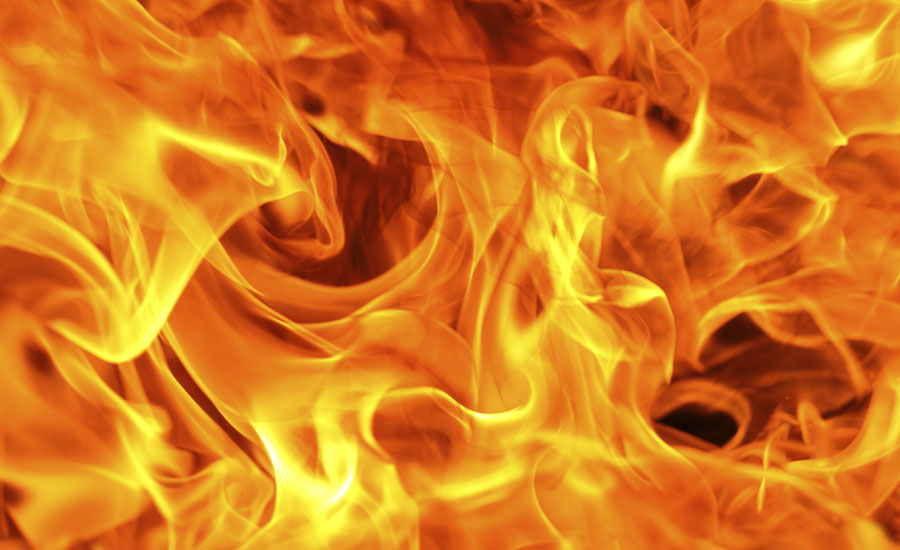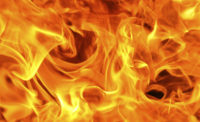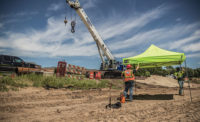The summer of 2015 has scorched the western U.S. with thousands of wildfires. According to the Centers for Disease Control and Prevention (CDC), exposure to excessive wildfire smoke even at a distance can harm eyes, lungs and heart. The CDC advises that to avoid illness caused by wildfire smoke exposure, seven steps should be taken:
Pay attention to local air quality reports: When a wildfire occurs in your region, watch for news and health warnings about smoke.
Pay attention to visibility guides if available: Some communities have guidelines to help people estimate air quality based on how far they can see. Many places that provide air quality indexes include airports and national park areas.
If told to stay indoors, do it: Avoid exposure to wildfire smoke by staying inside and keeping windows and doors closed unless it is very hot outside. Run an air conditioner if you have one, but keep the fresh-air intake closed and filter clean to prevent outdoor smoke from getting inside. If it is too hot and you are without air conditioning, the CDC recommends seeking shelter elsewhere.
Don’t add to indoor pollution: When smoke levels are high, do not use anything that burns, such as candles or fireplaces.
Comply with your doctor's advice: If you suffer from asthma or another lung disease, follow your doctor's advice about medication and other respiratory management plans. The CDC also recommends contacting your doctor if your symptoms worsen.
Don’t depend on hardware store dust masks: Paper “comfort" or “dust” masks commonly found in hardware stores trap large particles, such as sawdust. The CDC says these masks will not protect your lungs from smoke. When properly worn, a “N95” mask will offer some protection. If you decide to keep a mask on hand, refer to the CDC's Respirator Fact Sheet.
Avoid smoke exposure during outdoor recreation: Both wildfires and prescribed burns can create smoky conditions. Check to see if any wildfires are happening or if any prescribed burns are planned before you travel to a park or forest.
Symptoms associated with exposure to wildfire smoke include:
- Coughing
- Trouble breathing normally
- Stinging eyes
- A scratchy throat
- Runny nose
- Irritated sinuses
- Wheezing and shortness of breath
- Chest pain
- Headaches
- An asthma attack
- Tiredness
- Fast heartbeat
Older adults, pregnant women, children and people with preexisting respiratory and heart conditions are especially at risk when it comes to exposure to wildfire smoke. Still, even healthy individuals can get sick if there is enough smoke in the air.



